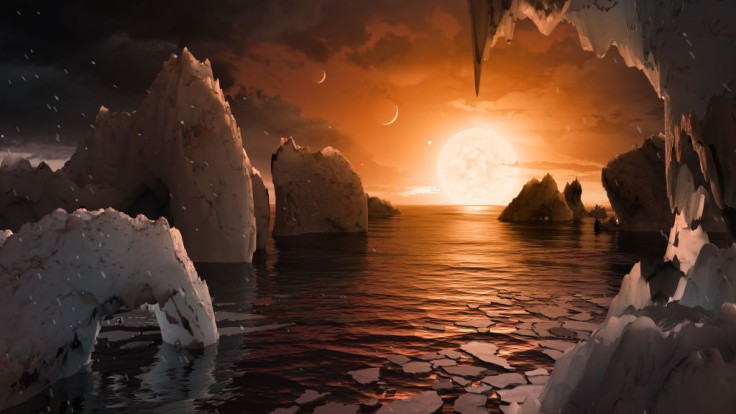Why Harvard's Chief Astronomer Thinks Alien Civilizations Haven't Made Contact With Humans Yet

Alien civilizations may have existed somewhere in the universe but just died out before humans could make contact with them, according to Harvard's top astronomer.
During a talk at The Humans to Mars Summit in Washington, D.C. last week, Avi Loeb, the chair of Harvard's astronomy department, discussed how humans are currently on a self-destructing path and how this may have caused entire extraterrestrial species to go extinct.
Nowadays, the climate change situation has become dire, with reports stating earlier this year that it kills about 250,000 annually. Since the dawn of their existence, humans have also continued to produce weapons that have become increasingly powerful enough to kill the entire population. And according to Loeb, this may have been the case for alien civilizations.
The astronomer explained the possibility of aliens dying out could be the reason why humans haven't encountered any extraterrestrials yet despite the vastness of the cosmos and numerous worlds in it.
"One possibility is that these civilizations, based on the way we behave, are short-lived," Loeb said, Space.com reported. "They think short term, and they produce self-inflicted wounds that eventually kill them."
According to the scientist, humans should expand their search for aliens to also include remains left behind by civilizations. These could be burned-up planetary surfaces or products of nuclear weapons in alien worlds.
Loeb added that by studying how other civilizations died out, humans could learn a lot and prevent the same from happening to our species.
"The idea is we may learn something in the process," the Harvard astronomer said. "We may learn to better behave with each other, not to initiate a nuclear war, or to monitor our planet and make sure that it's habitable for as long as we can make it habitable."
Another advantage to making contact with aliens would be the knowledge to be gained from species that could possibly be millions or billions older than humans.
"Our technology is only a century old, but if another civilization had a billion years to develop space travel, they may teach us how to do it," Loeb said.
Exploring the universe for alien life is one of the aims of the Breakthrough Starshot, which Loeb is a part of as an adviser. The project will spend $100 million on producing tiny laser-sailing probes that could travel to other worlds at 20 percent the speed of light.
According to Loeb, if Breakthrough Starshot succeeds with its goal, this could help humans not only make contact with alien species but also help us gain their respect.
"My hope is that finding dead civilizations will inspire us to behave better and get our act together," he said. "And another hope that I have is that, once we exit from the solar system, we will receive a message back: 'Welcome to the interstellar club.'"
© Copyright IBTimes 2025. All rights reserved.





















